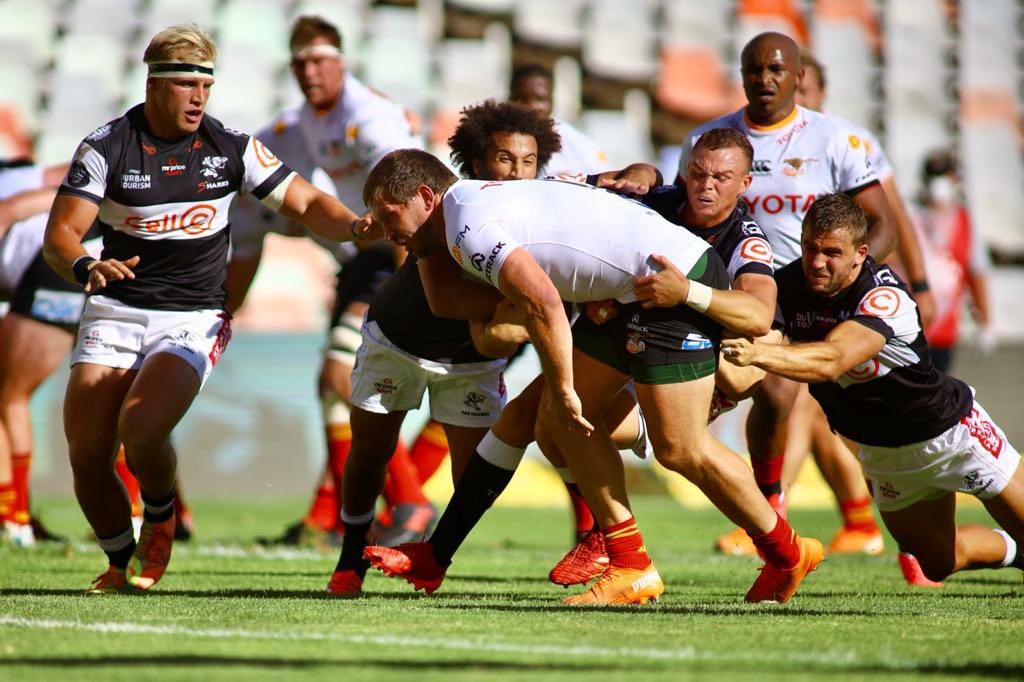The Currie Cup is set to be completed despite South Africa’s move to an amended level three lockdown. CRAIG LEWIS reports.
After an extended period of level one lockdown, on Monday night President Cyril Ramaphosa announced that the country would enter an adjusted and more stringent level three in the wake of the increase in Covid-19 numbers.
From a sporting perspective, understandable fears were that this would impact on sport once again, with the rugby season having effectively been shut down from mid-March earlier this year.
More than six months of inactivity followed.
A new-look domestic season was eventually able to kick off in October, with the Vodacom Bulls crowned Super Rugby Unlocked champions, while there are only two regular rounds of the Currie Cup remaining.
The good news is that SARugbymag.co.za has reliably learned that the Currie Cup will not be shut down after the latest lockdown announcement, with an advisory soon set to be released as finer details are finalised.
It means that there should still be a Currie Cup champion crowned on 23 January, to be followed by several weeks without any competitions before the ‘Super Rugby’ teams enter the newly-formed Rainbow Cup.
READ: SA ‘Super’ teams join Rainbow Cup
On Monday, there were also concerns that, for example, the Proteas and Sri Lanka Test match could be impacted by the latest regulations, but CSA provided this explanation for why the game would continue:
The Regulations make provision for the following:
‘Sport, arts and culture activities, including both professional and non-professional matches, by recognised sporting bodies are allowed, subject to strict adherence to the times of operation as provided for in regulation 82(2) and the following:
(a) Directions for sports matches issued by the Cabinet member responsible for sport after consultation with the Cabinet member responsible for health;
(b) only journalists, radio, television crew, security personnel, emergency medical services, and the necessary employees employed by the owners of the venue of the sport match, are allowed at the venue of the sport match;
(c) only the required number of players, match officials, support staff and medical crew required for the sport match, are allowed at the venue of the sport match;
(d) no spectators are allowed at the venue of the sports match; and
(e) international sport, arts and culture events involving countries with a low or medium COVID -19 infection and transmission rate are allowed.’





